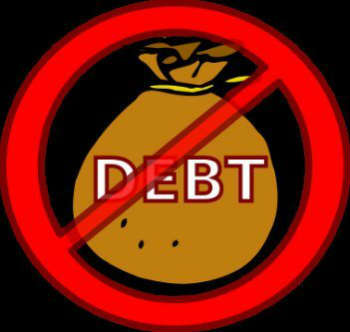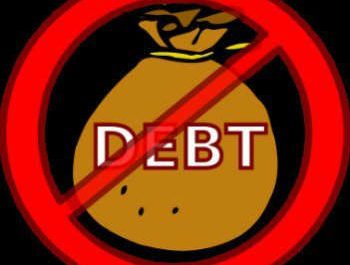Is It Possible To Discharge Student Loans Through A Bankruptcy Bill?
College is for the wealthy, or at least the upper middle class. Higher learning has always been tailored to those with money. It comes as no surprise then, that Americans who relied on federal student loans to get a higher education are now trillions of dollars in debt. Compounded by the recent recession, lack of available jobs, unemployment rates, increases in daily living expenses and the compounded interest on these loans, Americans are swamped with school loan debt they cannot pay back.
Can A Bill Help With Student Loans?
Why are student loans such a problem? Because people with college degrees were promised a higher standard of living from the moment they chose to go to college.
In reality, most Americans barely elevate themselves above their pre-college standard of living, and it’s not for lack of trying. The other challenge that many face is the number of jobs to which they can fit their degrees. While older students pursued degrees that fit their interests, skills and abilities, more and more jobs in healthcare and technology flooded the market. Degrees in art, music, and literature just do not fit the available jobs, making the thousands of dollars these people borrowed to get a degree worthless.
The other problem is that the U.S. government forbids the discharge of student loans via bankruptcy. The government wants its money back, and it will not allow you to give up paying for it. However, a recent bill proposed in Congress may change that.
Proposed Bankruptcy Law For Federal Loans
The bill to discharge student loans in bankruptcy was proposed two years ago, in 2015, by U.S. representative John Delaney. The bill is still in limbo, being considered by the Subcommittee on Regulatory Reform, Commercial and Antitrust Law. It may take a few more years to get through, possibly even a decade.
If the bill passes, Americans with student loan debt will be able to eliminate their student loans via bankruptcy. However, they will need to file a complete bankruptcy, which discharges more than just their student loan debt. Credit cards and other debts that can be discharged will need to be included when they file.
There are no provisions in the proposed bill that will allow you to file bankruptcy just for your school loans. The bill only allows you to include your student loans when you are already filing for bankruptcy.
You Cannot Discharge School Debt Through Bankruptcy
Currently, you cannot discharge your federal student loan debts via bankruptcy. As difficult as it seems, you may have to continue requesting forbearances, deferments and refinancing your school loans whenever possible. You can also continue to eliminate your other debts by filing for bankruptcy for those debts, which would free up some of your money every month so that you can make small payments on your student loan debt.
If You Are Having A Lot Of Trouble With Your Debts
If you are having a lot of trouble with your debts right now, and managing your money seems impossible, talk to a bankruptcy lawyer. Most bankruptcy lawyers offer a free consultation to look at the debts and loans you are carrying and help you decide if bankruptcy is the best decision for you. He or she will also help you figure out which type of bankruptcy you should file, which is is usually a Chapter 13 and/or a Chapter 7.
Debt consolidation may be another possibility if you need to reduce your debts and want to make a single, smaller monthly payment. You could also hold off on filing for bankruptcy, in hopes that the student loan bill passes; in that case, you would have the right to include federal loan debts in your bankruptcy. You would still have to manage your school loans until then, but that is something you can discuss further with your bankruptcy lawyer at the time of your initial consultation.


